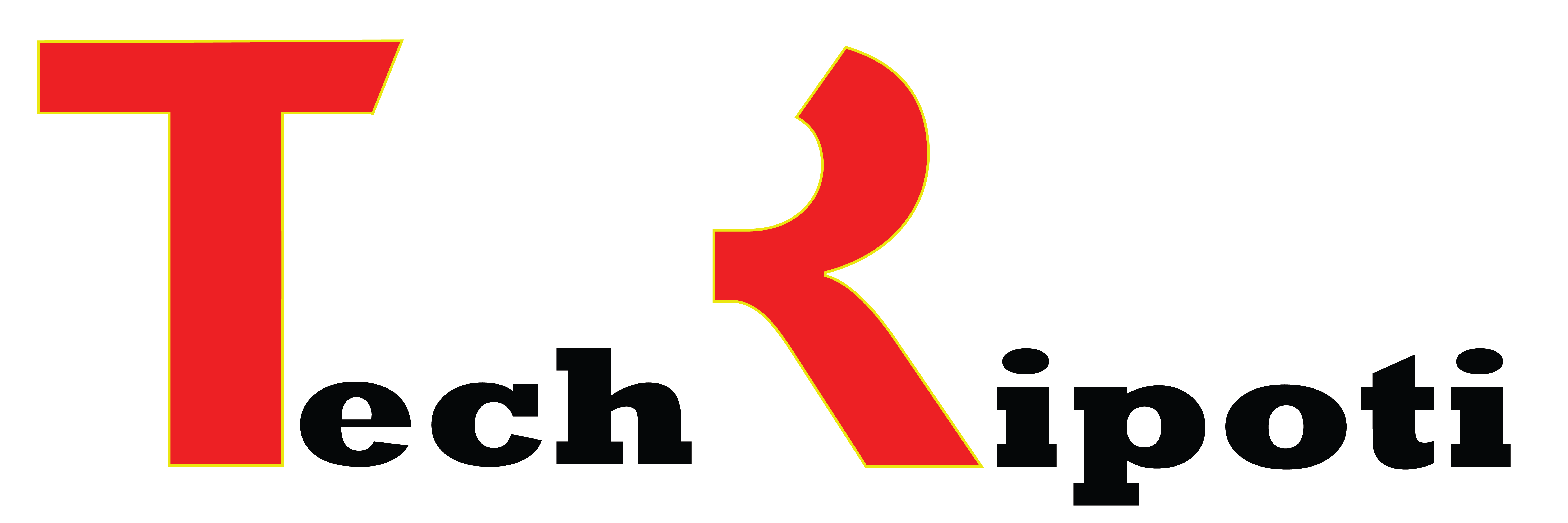Now Reading: Bug Bounties: How Hackers Are Paid to Protect Us
- 01
Bug Bounties: How Hackers Are Paid to Protect Us
Bug Bounties: How Hackers Are Paid to Protect Us

In an era where cybercrime drains trillions from the global economy each year, an unexpected ally has stepped into the spotlight: hackers. However, these aren’t the nefarious figures behind data breaches or ransomware schemes. Rather, they’re ethical hackers, rewarded through bug bounty programs for exposing vulnerabilities before criminals can exploit them. As a result, bug bounties have reshaped cybersecurity, turning potential threats into guardians of the digital world. This article delves into how these programs function, their significance in bolstering security, and practical tips for companies and individuals to embrace this innovative strategy.
The Rise of Bug Bounties
Bug bounties hinge on a straightforward idea: companies pay hackers to identify and report security flaws in their systems. Unlike traditional penetration testing, which depends on contracted experts, bug bounties tap into a vast, global talent pool. Platforms like HackerOne and Bugcrowd connect organizations with millions of ethical hackers, offering payouts that range from a modest $100 to over a million dollars for critical discoveries.
For example, HackerOne reported in 2024 that its community of over 2 million hackers earned $240 million in bounties, securing systems for giants like Google, Microsoft, and PayPal. This crowdsourced model not only expands the reach of security testing but also nurtures collaboration. As Katie Moussouris, founder of Luta Security and a trailblazer in bug bounty initiatives, explains, “Bug bounties democratize cybersecurity. They allow anyone with skills, regardless of background, to contribute to a safer internet.”
Why Bug Bounties Matter
The stakes in cybersecurity are sky-high. A single overlooked flaw can trigger devastating breaches, leaking sensitive data or halting operations. While traditional defenses often struggle to keep pace with evolving threats, bug bounties offer a proactive edge. By rewarding hackers for discreetly reporting issues, companies can fix problems before they’re weaponized.
Moreover, bug bounties reveal flaws that internal teams might overlook. Hackers on platforms like Bugcrowd frequently note that their outsider perspective helps them spot vulnerabilities developers miss, a sentiment echoed across the community: fresh eyes uncover hidden weaknesses. This diversity of thought is a game-changer. With participants from over 150 countries, bug bounties harness a wealth of global expertise.
Beyond technical benefits, these programs enhance trust. When companies like Apple publicly reward hackers—offering up to $2 million for critical iOS flaws—they demonstrate a serious commitment to security. Such openness stands in stark contrast to the secrecy of breach cover-ups, building confidence among users in a data-wary age.
The Economics of Ethical Hacking
For hackers, bug bounties blend purpose with profit. Top earners, like Santiago Lopez, who surpassed $1 million in earnings by age 25, show that ethical hacking can be a viable career. Yet, rewards span a wide spectrum. A minor glitch in a low-priority system might fetch $500, while a flaw in a payment gateway could yield $50,000 or more.
Despite the allure of big payouts, success isn’t guaranteed. Many hackers invest hours testing systems without reward, banking on the chance of a significant find. Still, the financial incentive sparks innovation. Moussouris observes, “The promise of a bounty motivates hackers to dig deeper, uncovering issues that automated tools can’t detect.”
For businesses, bug bounties are a bargain. The cost of maintaining a full-time security team or recovering from a breach far exceeds most bounty expenses. According to Verizon’s 2024 Data Breach Investigations Report, the average breach costs $4.88 million, while a well-run bug bounty program might cost a fraction of that annually.
Challenges and Criticisms
Though powerful, bug bounties aren’t perfect. Some critics argue that companies rely on them as a budget-friendly substitute for comprehensive security. Others highlight that not all reported flaws earn rewards—issues outside a program’s scope, like third-party systems, often leave hackers empty-handed.
Additionally, the race to report bugs first can stifle teamwork. Hackers compete fiercely, with only the earliest submission claiming the prize, which sometimes leads to burnout or hasty reports that complicate remediation. Nevertheless, the industry is adapting. Platforms now offer private bounties, clearer rules, and mediation to ensure fairness. As Moussouris advises, “The best programs communicate transparently and treat hackers like partners, not adversaries.”
Practical Tips for Companies and Individuals
Whether you’re a tech entrepreneur or a curious individual, bug bounties offer actionable insights. Here are practical steps to make the most of this approach:
For Companies
- Start Small with Clear Rules: Launch a program with a defined scope, like your website or app. Use platforms like HackerOne to outline guidelines and minimize disputes. “Clarity prevents frustration,” Moussouris stresses.
- Prioritize Critical Systems: Target high-risk areas like payment processors or login systems with higher rewards to attract top talent.
- Engage Respectfully: Respond quickly to submissions and pay fairly. A strong reputation draws skilled hackers and bolsters your program.
For Individuals
- Explore Bug Hunting: If you’re tech-savvy, dip into ethical hacking via platforms like Bugcrowd. Free resources like TryHackMe can kickstart your skills.
- Support Transparent Companies: Opt for services from brands with bug bounty programs. Their proactive stance often means better data protection.
- Stay Informed: Follow bounty platforms on social media for updates on new programs or notable fixes. This keeps you ahead of emerging threats.
The Future of Bug Bounties
Looking forward, bug bounties are set to expand. As artificial intelligence and quantum computing introduce novel vulnerabilities, human ingenuity will remain essential. Governments are also embracing the trend—initiatives like the U.S. Department of Defense’s “Hack the Pentagon” program illustrate how bounties can safeguard critical infrastructure.
Ultimately, bug bounties mark a turning point. By paying hackers to protect rather than exploit, companies are redefining cybersecurity. The hacker community captures this spirit well, often saying that every bug found is one less chance for a criminal to strike. With ethical hackers at the forefront, the internet stands a fighting chance to become a safer space for everyone.
















